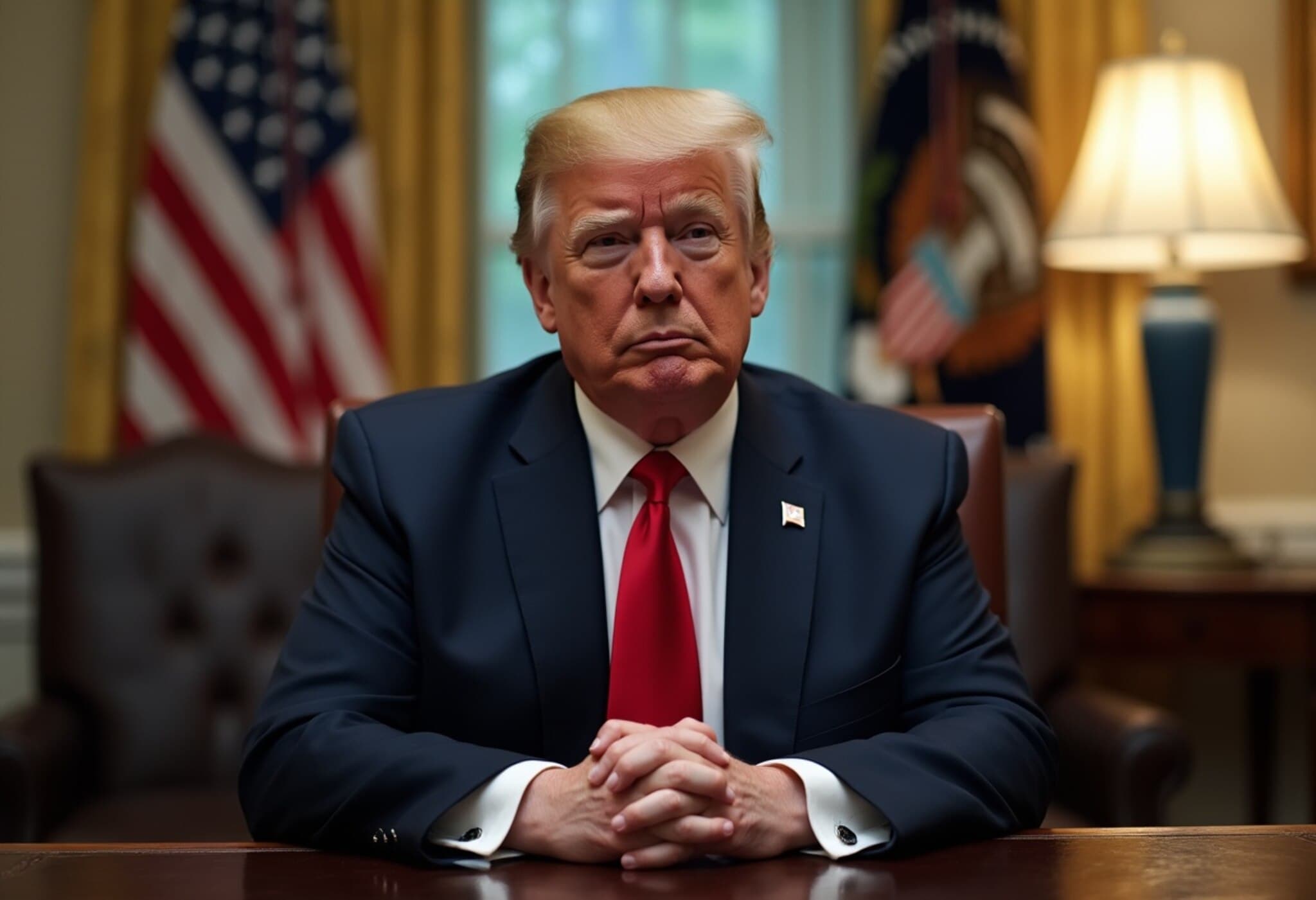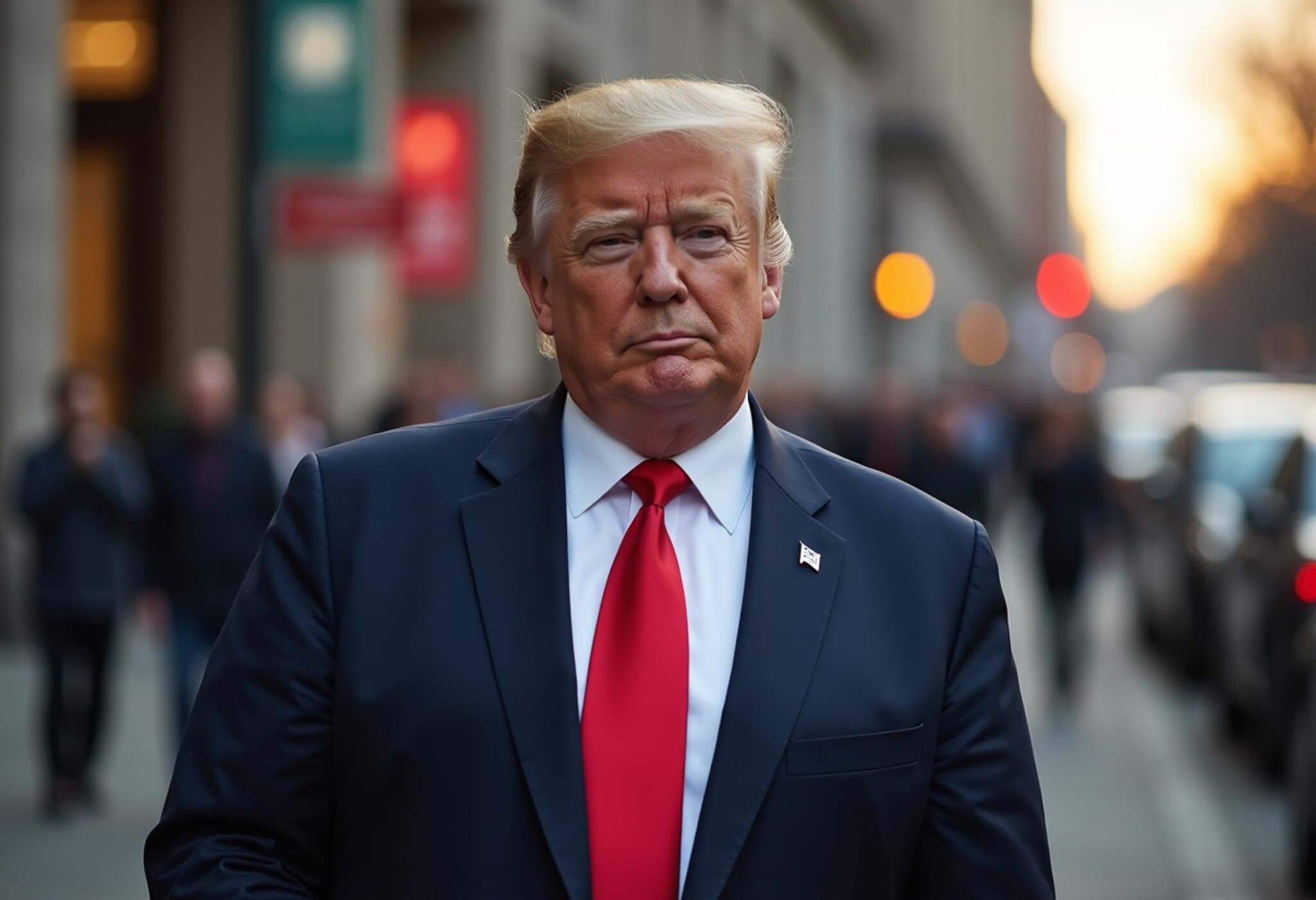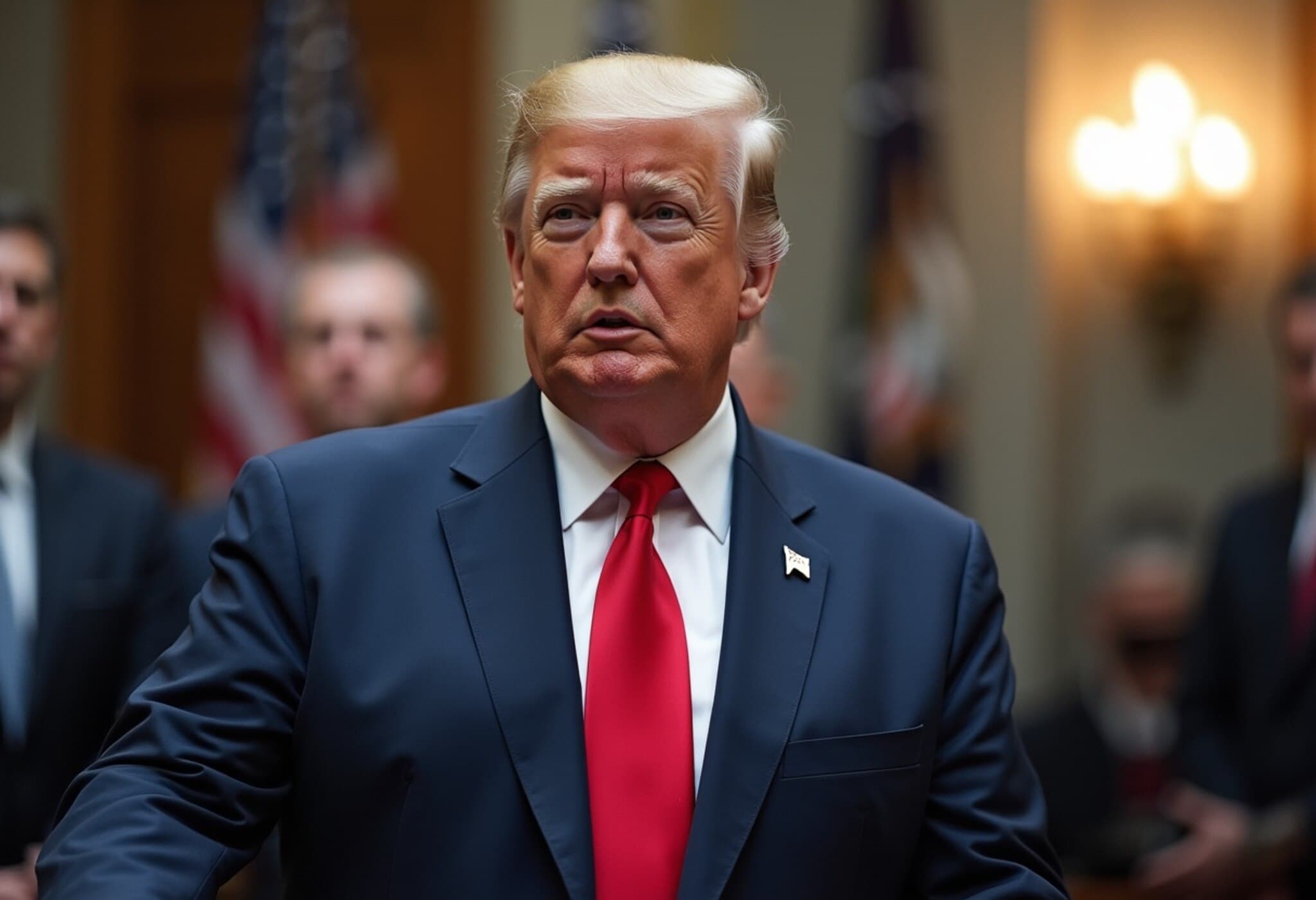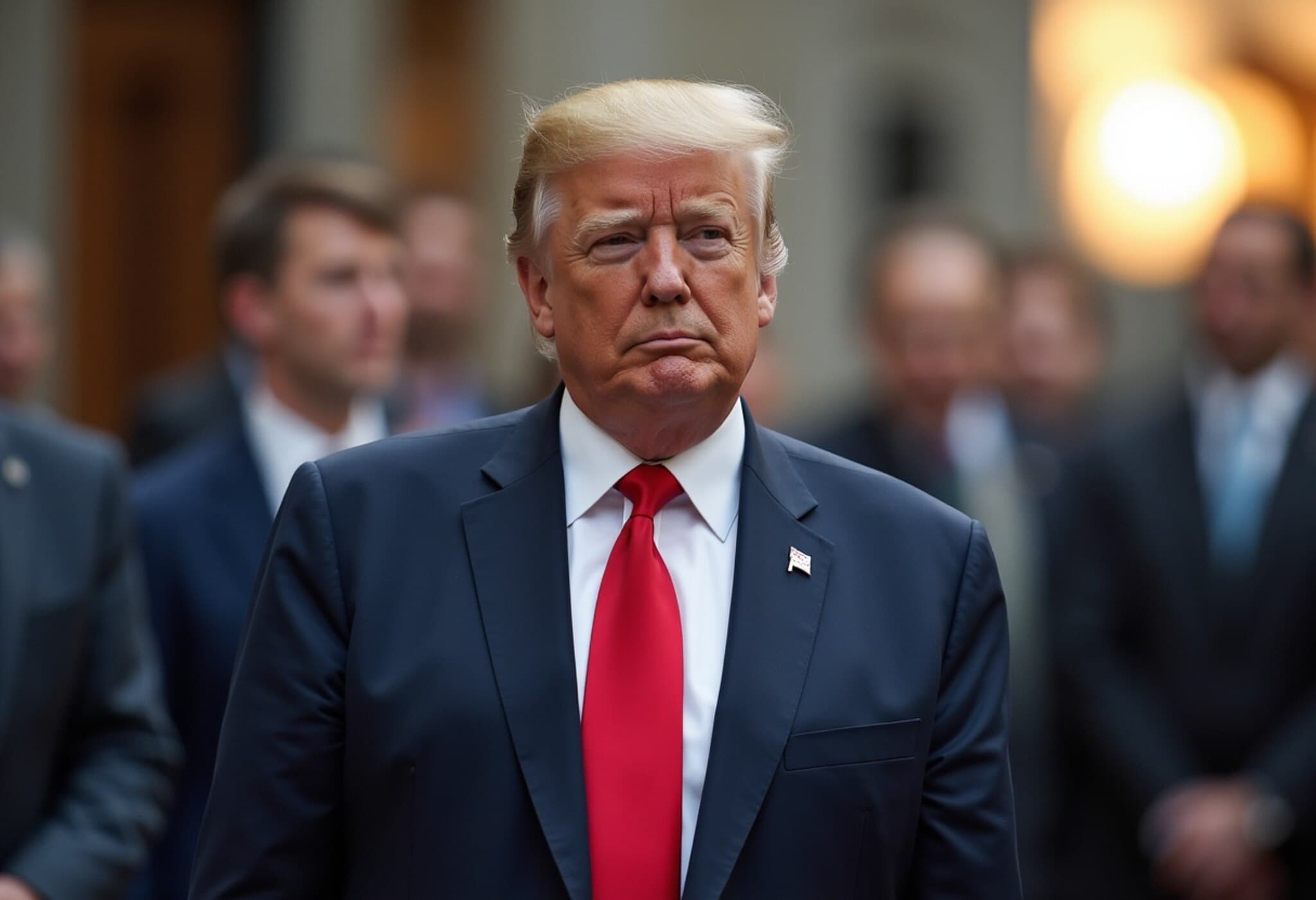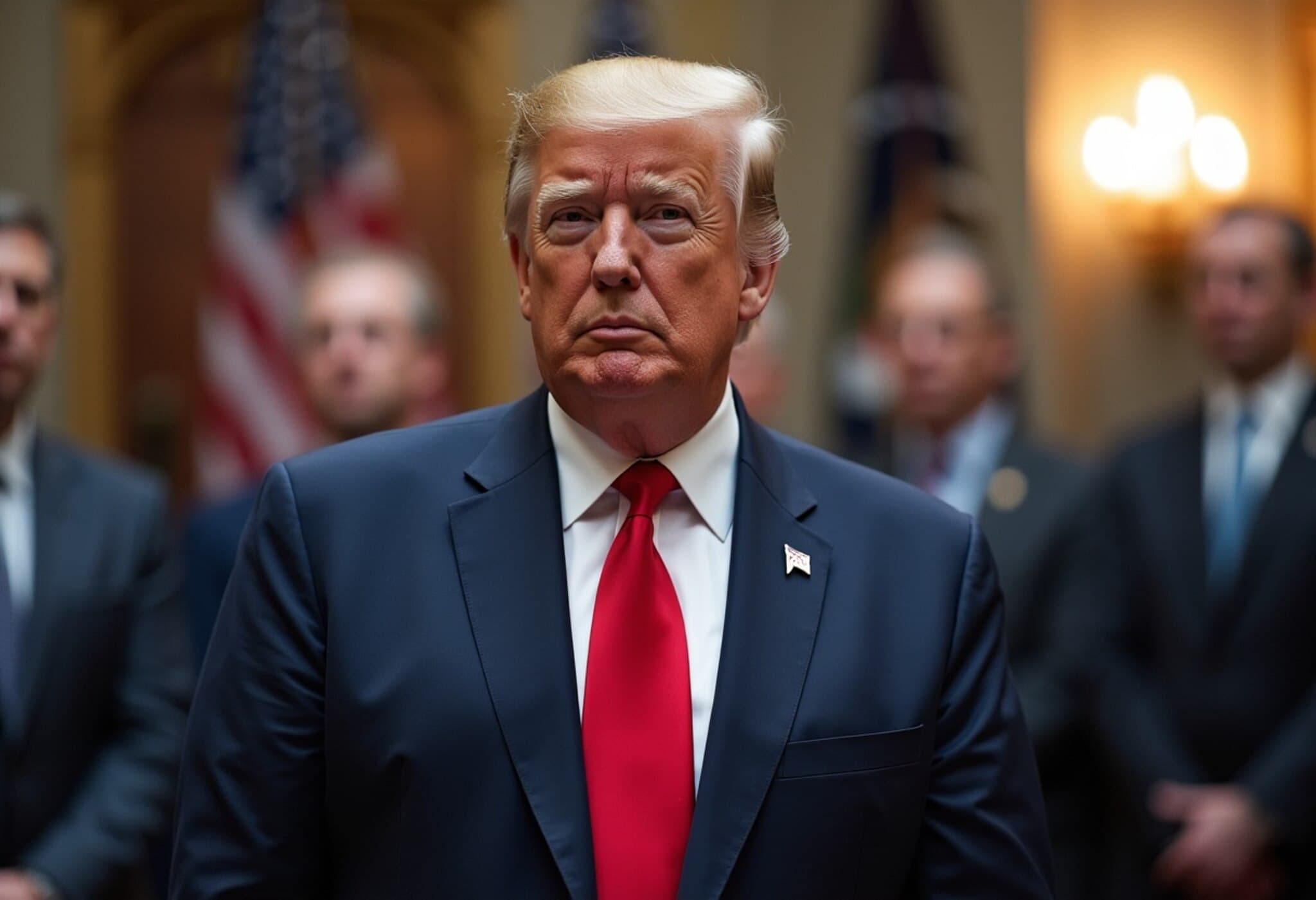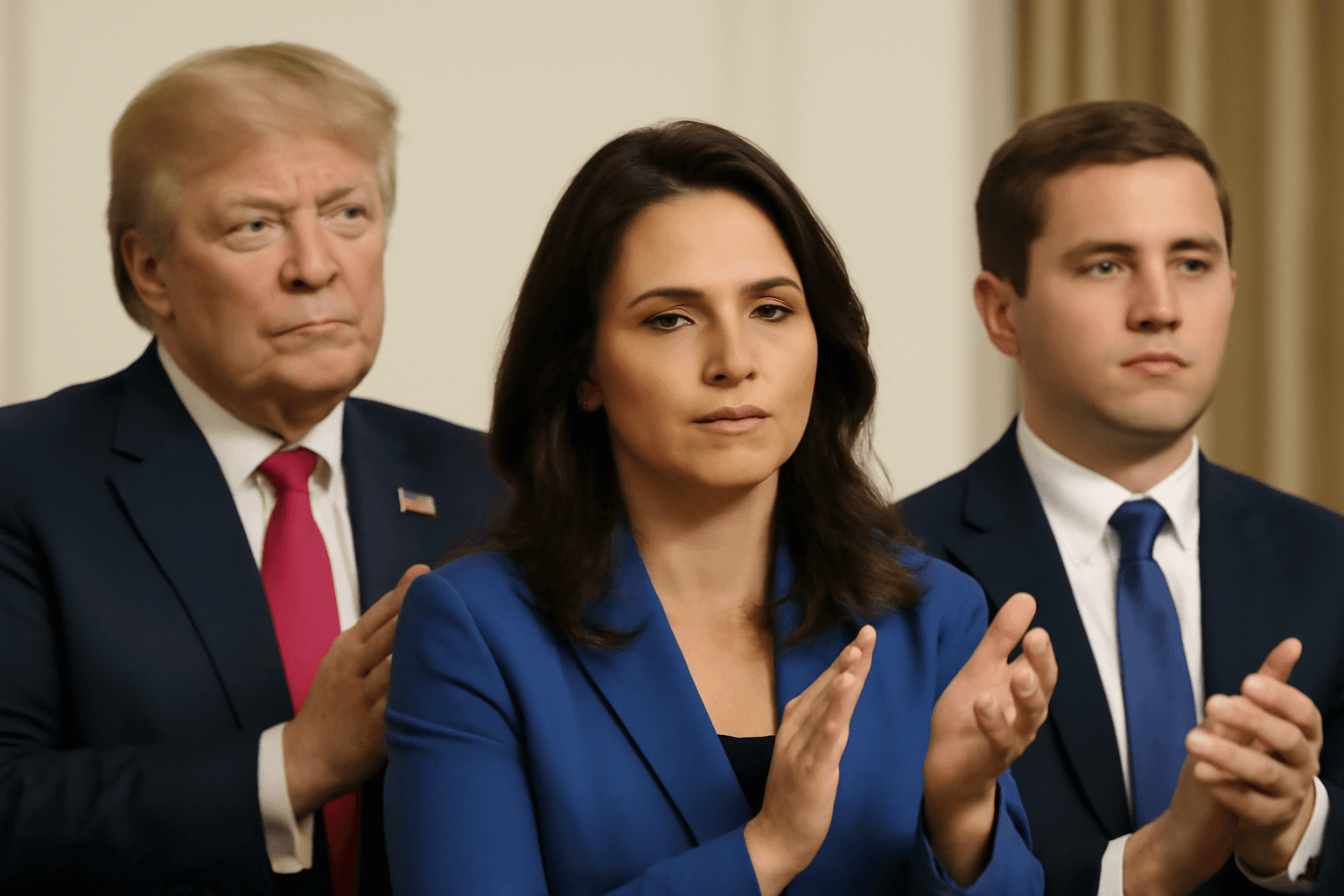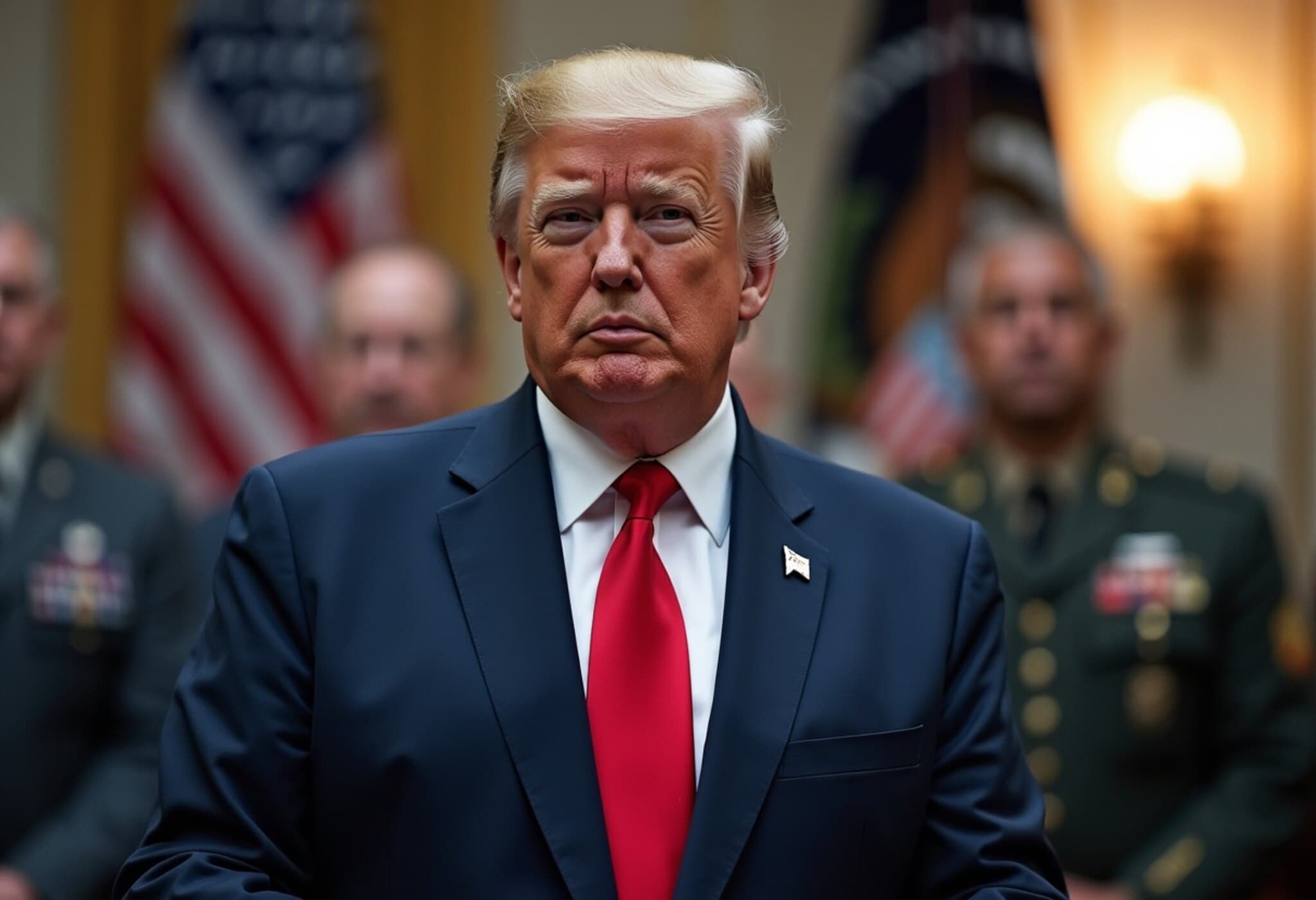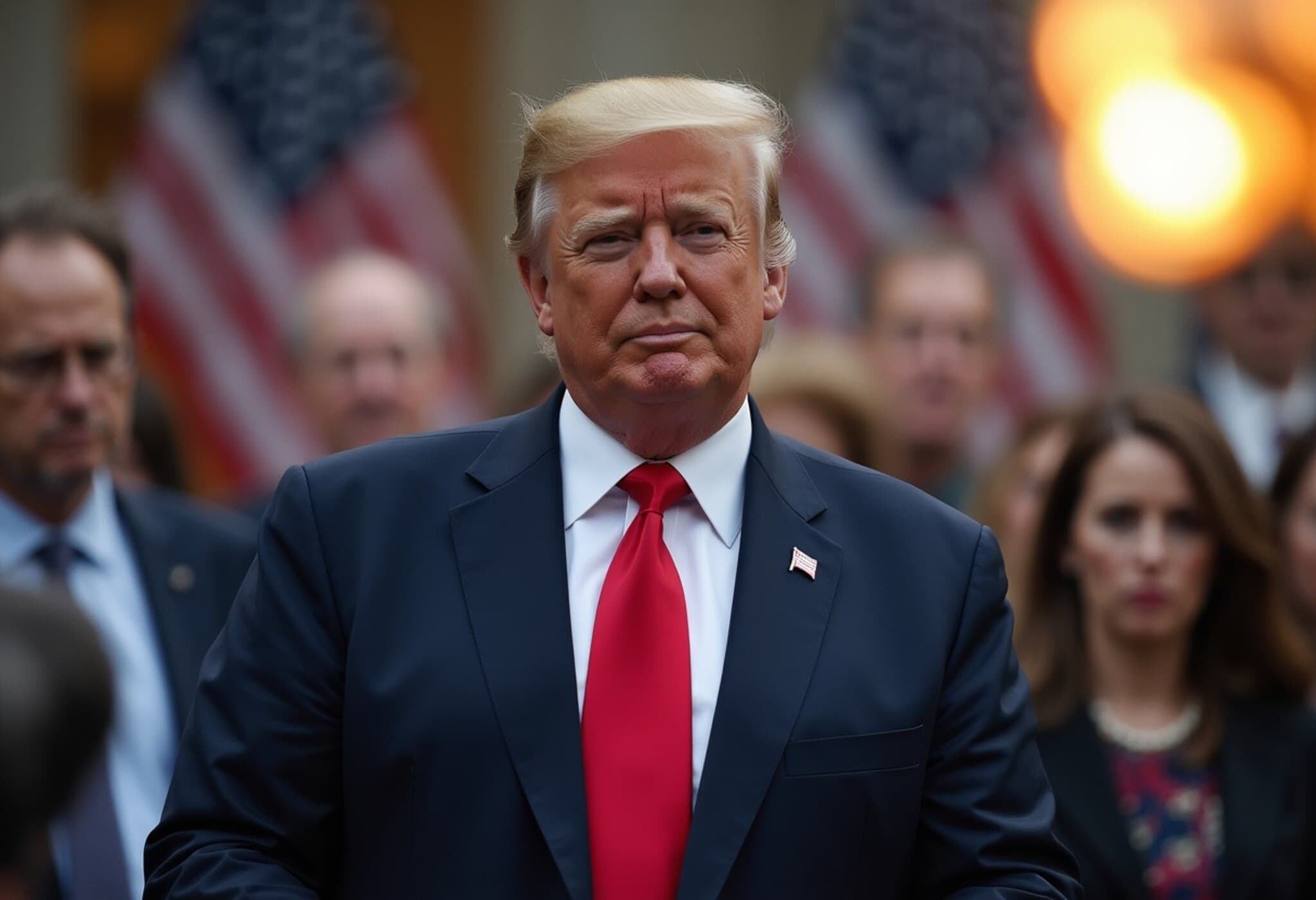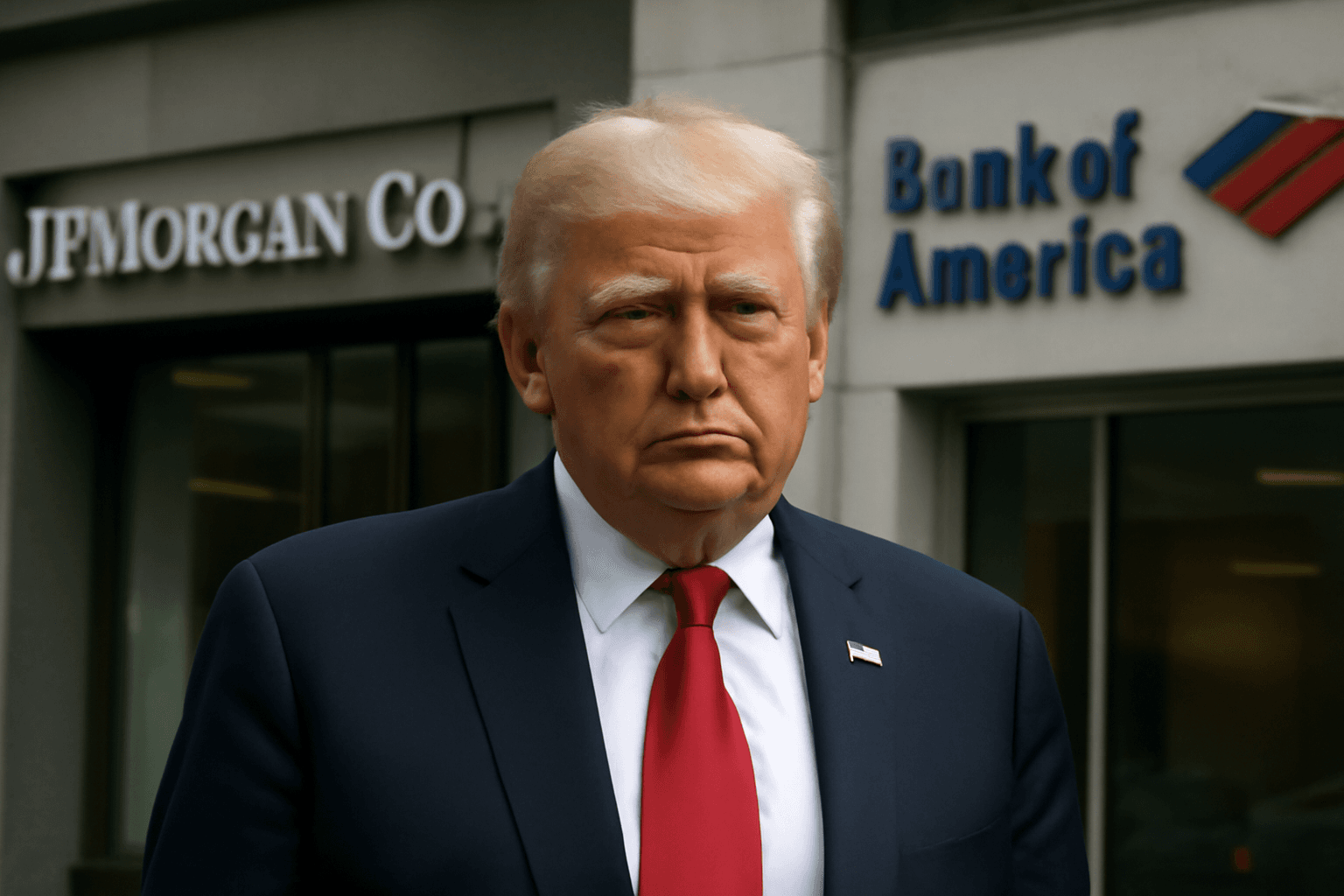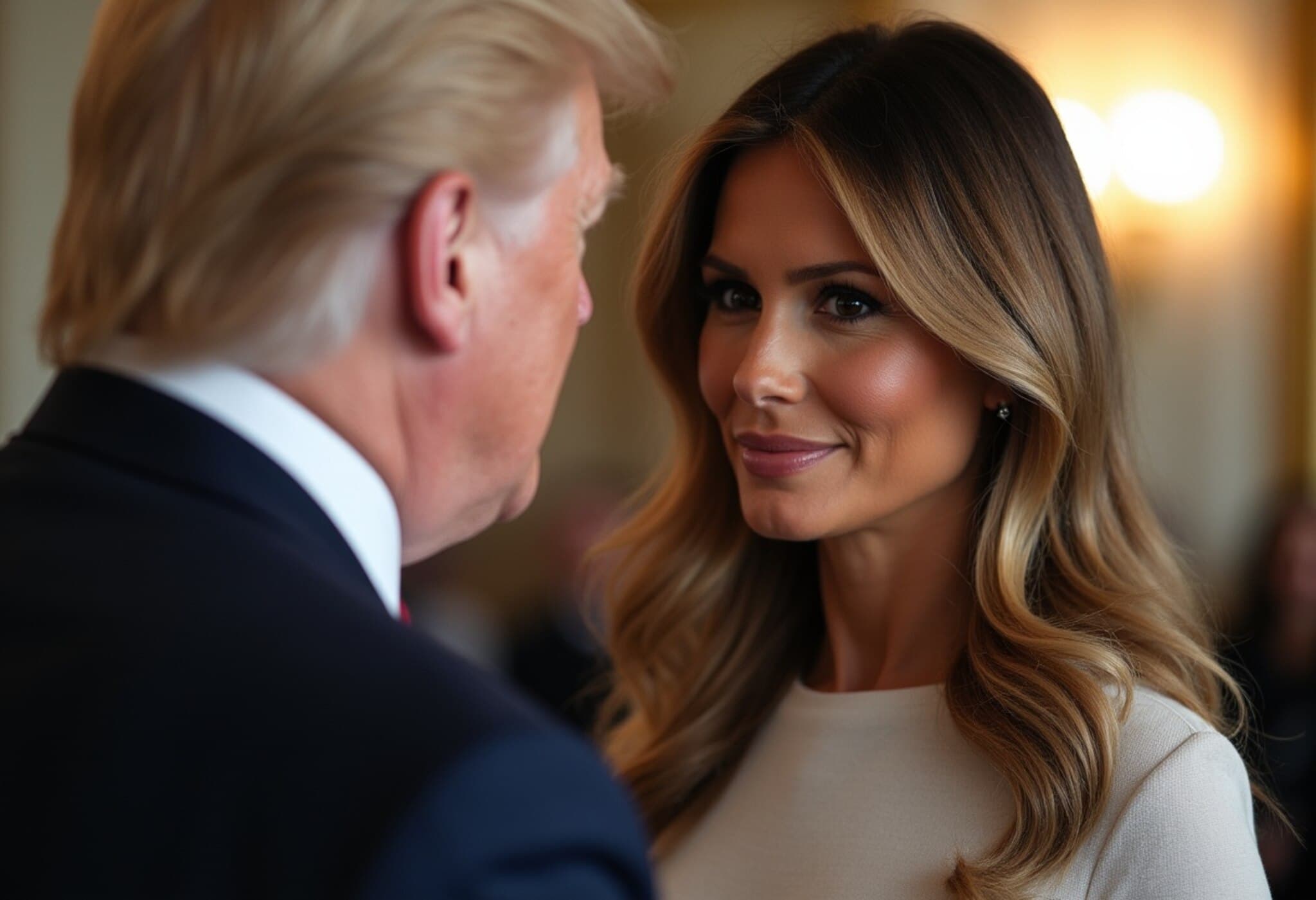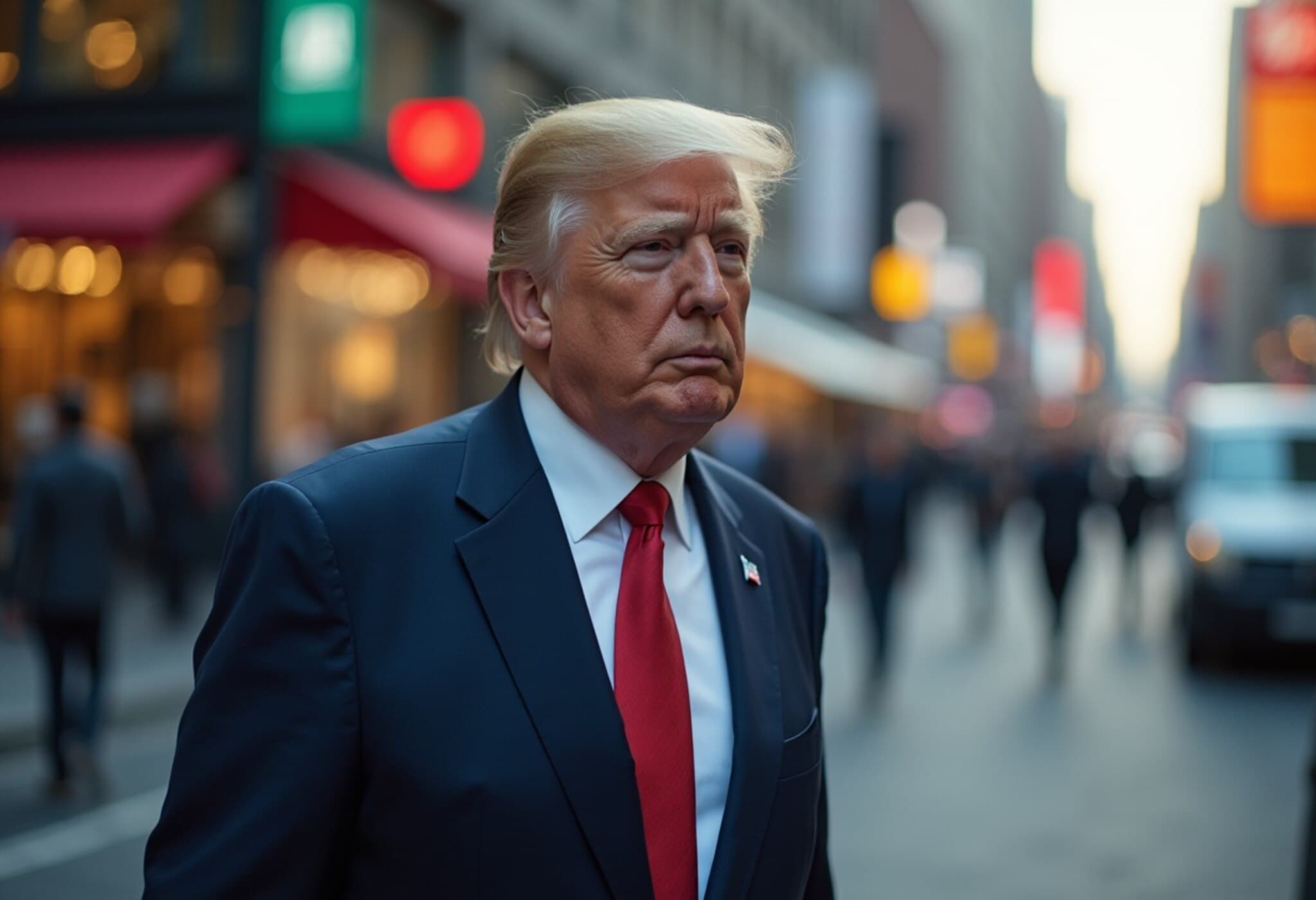Trump Brokers Last-Minute Deal to Unite House Republicans on Crypto Legislation
In a tense showdown on Capitol Hill, President Donald Trump stepped in late Tuesday to resolve a brewing rebellion among House Republicans that threatened to derail a landmark cryptocurrency legislative agenda. His intervention, occurring behind closed doors in the Oval Office, successfully cleared the procedural barriers blocking the advancement of the Genius Act and two other key digital asset bills ahead of a pivotal House vote.
Internal GOP Divisions Threaten ‘Crypto Week’
The GOP had branded the current week as "Crypto Week," aiming to cement its image as a proactive party on digital currency regulation. However, the celebration was nearly upended when a faction of 13 conservative Republicans allied with Democrats to defeat a procedural rule essential to moving forward with the bills. This bloc included high-profile members such as Representatives Chip Roy, Marjorie Taylor Greene, and Andy Biggs, who voiced deep concerns about the absence of explicit prohibitions on the creation of a Central Bank Digital Currency (CBDC) in the Genius Act—reflecting broader Republican anxieties about expanding federal oversight through digital currencies.
The Genius Act: A Senate-Backed Yet Contested Bill
After months of legislative wrangling, the Genius Act emerged as the most viable crypto proposal, having passed the Senate. It seeks to establish a federal regulatory framework for stablecoins—cryptocurrency tokens pegged to the U.S. dollar—aiming to bring clarity and security to the digital asset market. Yet in the House, the bill’s momentum stalled amid concerns the legislation did not do enough to curtail federal authority over digital financial instruments, igniting a rare intra-party confrontation.
Trump’s High-Stakes Mediation
By directly engaging with the dissenting Republicans, Trump underscored the strategic importance he places on the crypto bills. On his social media platform Truth Social, he announced that after a focused meeting with 11 of the 12 holdouts, they agreed to support the procedural vote necessary to advance the legislation. Speaker Mike Johnson, who joined the Oval Office meeting via phone, confirmed the pact and expressed gratitude for Trump’s pivotal role, emphasizing that it helped end the impasse that risked stalling the House’s legislative calendar.
Three Bills Poised for House Consideration
The negotiated deal paves the way for debate not only on the Genius Act but also on the Digital Asset Market Structure Bill and the Anti-CBDC Surveillance State Act. The former bill aims to clarify the division of regulatory authority between the Securities and Exchange Commission (SEC) and the Commodity Futures Trading Commission (CFTC), a longstanding ambiguity hindering crypto markets. The latter reflects conservative pushback against the prospect of a government-issued digital dollar, underscoring fears about surveillance and loss of personal financial privacy.
- Genius Act: Federal stablecoin regulation; Senate-approved.
- Digital Asset Market Structure Bill: Clarifies SEC vs. CFTC roles.
- Anti-CBDC Surveillance State Act: Rejects government-issued digital currency proposals.
Procedural Nuances Reflect Broader GOP Struggles
The procedural vote controversy revealed deeper ideological rifts within the Republican caucus. Hardline conservatives used the rules vote—a conventionally procedural step—as a platform to express frustration with party leadership and perceived legislative shortcomings. Majority Leader Steve Scalise’s tactical "no" vote, designed to allow a second attempt at resolving the impasse, highlighted the intricate political balancing act at play.
Trump Emerging as a Crypto Advocate
Trump’s vocal support for a "clean" stablecoin bill—free from additional regulatory layers—signals his effort to champion innovation in the burgeoning digital finance sector. This stance contrasts with other lawmakers advocating for more comprehensive oversight to safeguard investors and ensure federal control, illustrating the complex political landscape surrounding cryptocurrency legislation.
Looking Ahead: Will Congress Deliver?
With the procedural block removed, the House is set to vote on Wednesday, potentially advancing these bills and delivering a rare legislative victory for the crypto industry. Nonetheless, skepticism remains regarding Senate enthusiasm for broader crypto regulation beyond stablecoins. The episode also sheds light on ongoing challenges GOP leadership faces uniting factions around emerging, technically complex policy issues.
Expert Insight: Navigating Digital Finance Policy
From a policy perspective, this episode underscores the difficulty in crafting regulations that balance innovation with security and oversight, especially in a rapidly evolving field like digital assets. The debate over CBDCs reflects wider philosophical questions about the future of money, privacy, and government reach. As America wrestles with these issues, leadership dynamics within Congress—and influence from prominent figures like Trump—will remain critical in shaping the country’s digital financial future.
Questions to Watch
- Will the GOP maintain cohesion on crypto legislation beyond procedural votes?
- How will the Senate respond to the expanded crypto bill package?
- Can the U.S. create a regulatory framework that promotes innovation without compromising consumer protections and privacy?
Editor’s Note
This rare moment of GOP unity, catalyzed by Trump’s intervention, throws into relief the evolving political significance of cryptocurrency policy. As digital currencies edge closer to mainstream finance, the U.S. Congress’s ability to enact coherent, forward-looking regulation will be decisive for technological leadership and economic competitiveness. Observers should watch closely how political personalities, internal party dynamics, and ideological battles shape not just the fate of these bills, but the broader trajectory of America’s financial future.

